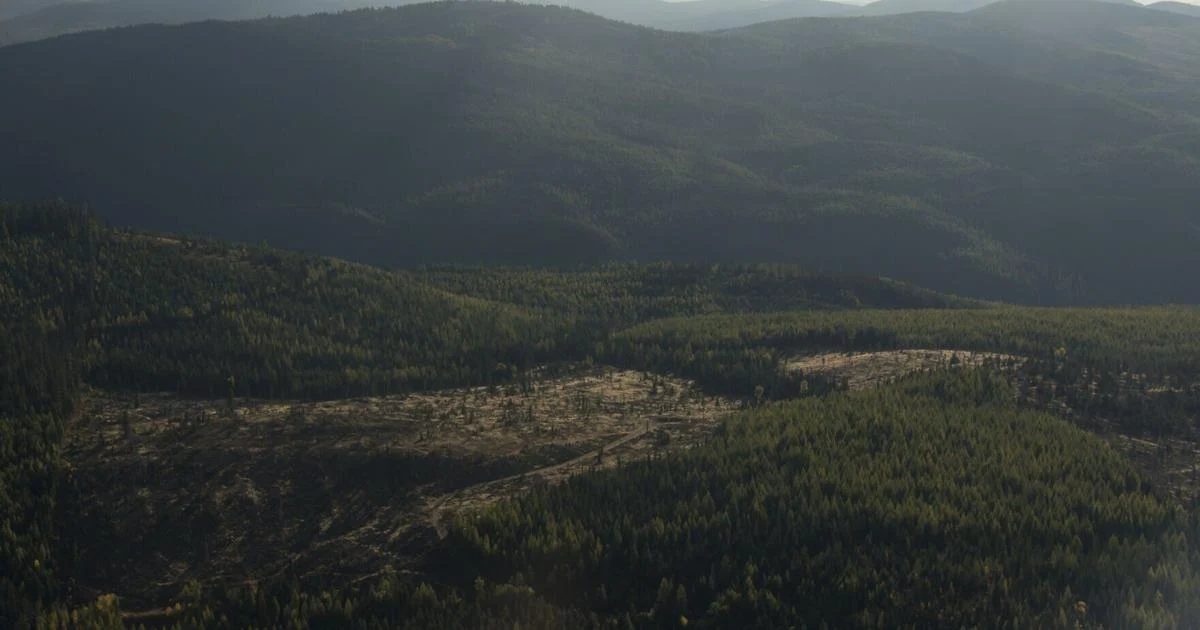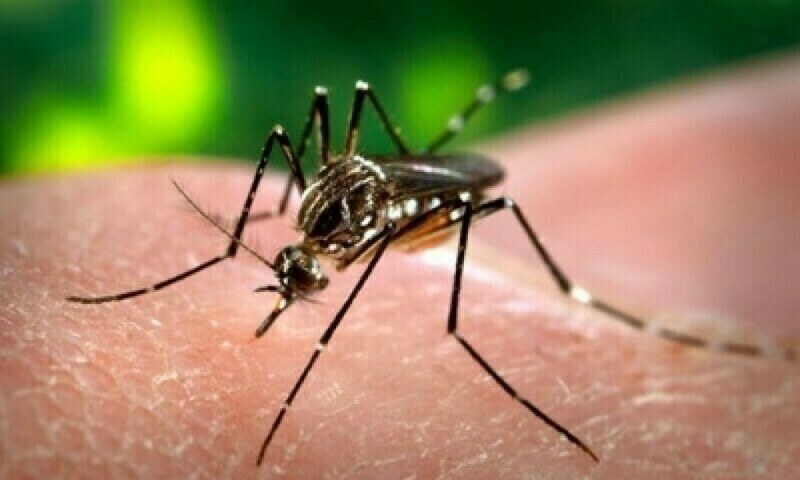
The lengthy courtroom battle over a massive logging project proposed deep in the northwest corner of Montana reached its end last month, with environmental groups winning attorneys’ fees from federal agencies after an appellate court ruling earlier this year.
But the 8-year-old project remains on hold, according to forest officials, until a federal judge issues guidance on how to resolve problems in its analysis of road use.
The Black Ram Project is a proposed mix of commercial logging, thinning and prescribed burning in the Yaak Valley region of the Kootenai National Forest. The total project area spanned 91,000 acres bounded by the Canadian border to the north and roughly following the Yaak River to the south and east. It included portions of the Pacific Northwest Trail and the Cabinet-Yaak Grizzly Bear Recovery Area.
But along with potential impacts to grizzlies, the project provoked particular controversy among environmentalists for its planned vegetation treatment of more than 13,000 acres of old growth forest. That included 579 acres of commercial harvest, out of more than 5,400 acres across the entire project. That total was projected to amount to 57 million board-feet of timber.
Forest officials argued that intermediate timber harvest and prescribed burning were needed to reduce the odds of a major (or “stand-replacing”) wildfire tearing through portions of the old growth forest where fuels had built up.
That was according to the project’s final decision notice published by forest officials in June 2022, about five years after the project was first proposed. Within a month, the Center for Biological Diversity and the Yaak Valley Forest Council filed a lawsuit challenging the project. Within the year, the project was temporarily halted by U.S. District Judge Donald Molloy, before his final ruling in 2023.
In August 2023, Molloy ruled that the Forest Service and the Fish and Wildlife Service had failed to follow a range of environmental laws. The agency appealed the ruling to the 9th Circuit Court of Appeals.
Listen now and subscribe: Apple Podcasts | Spotify | RSS Feed | SoundStack | All Of Our Podcasts
In its February ruling, the three-judge appeals panel delivered a mixed bag for the plaintiffs, upholding portions of Molloy’s ruling while striking down others.
The project has remained stalled since then. A joint motion from the plaintiffs and the government in June asked Judge Molloy to issue an order directing the agencies how to move forward with the project.
“The Kootenai National Forest is still awaiting direction from the District Court Judge after the Black Ram Appeal,” Kootenai National Forest spokesperson LaRona Rebo wrote this week. “Until we receive further direction from the District Court, the Black Ram Project remains on hold.”
The Center for Biological Diversity had successfully argued that the U.S. Fish and Wildlife Service failed to use the “best available science” to evaluate grizzly bear populations in the proposed project area. But in February the 9th Circuit found the opposite to be true, notching wins for the federal agencies on three appeals claims related to endangered species, where Molloy had previously ruled in favor of the Center and their co-plaintiffs.
But the appeals court upheld Molloy’s rulings in favor of arguments put forth by the Alliance for the Wild Rockies. On those claims, the judges all found that the Forest Service failed to fully account for unauthorized or illegal road use in grizzly bear habitat. The Alliance has argued — both in the Black Ram case and challenges to other logging projects — that the greatest risk of human-caused deaths to grizzly bears is posed by roads.
“In this case, the government claims that it is closing all the logging roads, but in reality there is still a lot of illegal motorized use out there on roads that are supposed to be closed.” Michael Garrity, executive director of the Alliance, stated in a press release at the time. “The U.S. Fish & Wildlife Service has long found that roads pose the most imminent threat to grizzly habitat today because roads provide humans with easy access, which leads directly to bear mortality from accidental shootings and intentional poaching.”
One of the groups of plaintiffs, including the Center for Biological Diversity and the Yaak Valley Forest Council, settled with the federal defendants for $154,000 in attorneys’ fees and other costs. The Alliance for the Wild Rockies and the Native Ecosystems Council reached an agreement to be paid $248,000 in expenses.
The Kootenai National Forest has not included any updates to its website concerning Black Ram, which no longer appears on its active “Projects” page.
Rebo noted that forest officials are “in the process of identifying treatment opportunity areas” for a separate project in the Yaak, to take place in the Vinal Lake and Upper Ford areas near the Yaak River.
Sam Wilson is the outdoors and environment reporter at the Missoulian.
Love
0
Funny
0
Wow
0
Sad
0
Angry
0
Be the first to know
Get local news delivered to your inbox!
* I understand and agree that registration on or use of this site constitutes agreement to its user agreement and privacy policy.
Sam Wilson
State Bureau Reporter
Get email notifications on {{subject}} daily!
Your notification has been saved.
There was a problem saving your notification.
{{description}}
Email notifications are only sent once a day, and only if there are new matching items.
Followed notifications
Please log in to use this feature
Log In
Don’t have an account? Sign Up Today



